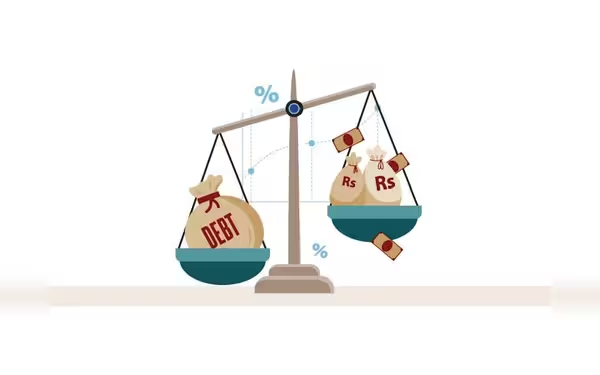Thursday, November 7, 2024 05:48 AM
Pakistan Government Implements Debt Re-Profiling to Cut Interest Costs
- Government reallocates Rs893 billion to retire high-cost loans.
- Debt re-profiling aims to stabilize economic outlook.
- Lower interest costs free up funds for essential services.
 Image Credits: tribune.com.pk
Image Credits: tribune.com.pkPakistan's government is re-profiling domestic debt to reduce interest costs and enhance financial stability, benefiting essential services and development.
The management of national debt is a critical aspect of any government’s financial strategy, especially in a country like Pakistan, where economic stability is paramount. Recently, the government has taken significant steps to manage its domestic debt more effectively. This involves a process known as "debt re-profiling," which aims to reduce the interest costs associated with domestic loans. By focusing on retiring high-cost, short-term loans and replacing them with new, lower-interest, long-term debt, the government is making a strategic move to enhance its financial health.
In practical terms, this means that the government is paying off expensive loans that are due soon and replacing them with loans that have a longer repayment period and lower interest rates. This approach not only helps in reducing the immediate financial burden but also stabilizes the country’s economic outlook. Recently, the government allocated a substantial amount of Rs893 billion to retire Treasury bills (T-bills) that are set to mature on October 31. This action is crucial as it effectively prevents an increase in short-term domestic debt, which can often lead to financial strain.
Lowering interest costs is particularly important for the government, as it allows for more funds to be available for essential services and development projects. When the government pays less in interest, it can invest more in education, healthcare, and infrastructure, which are vital for the country’s growth and development. This strategy not only benefits the government but also has a positive ripple effect on the economy as a whole.
The government's initiative to re-profile domestic debt is a commendable step towards achieving financial stability. By focusing on reducing interest costs and managing debt more effectively, the government is laying the groundwork for a more sustainable economic future. As citizens, it is essential to understand these financial maneuvers, as they directly impact our daily lives and the overall health of the economy. A well-managed debt strategy can lead to a brighter future for all, ensuring that resources are allocated where they are most needed.













